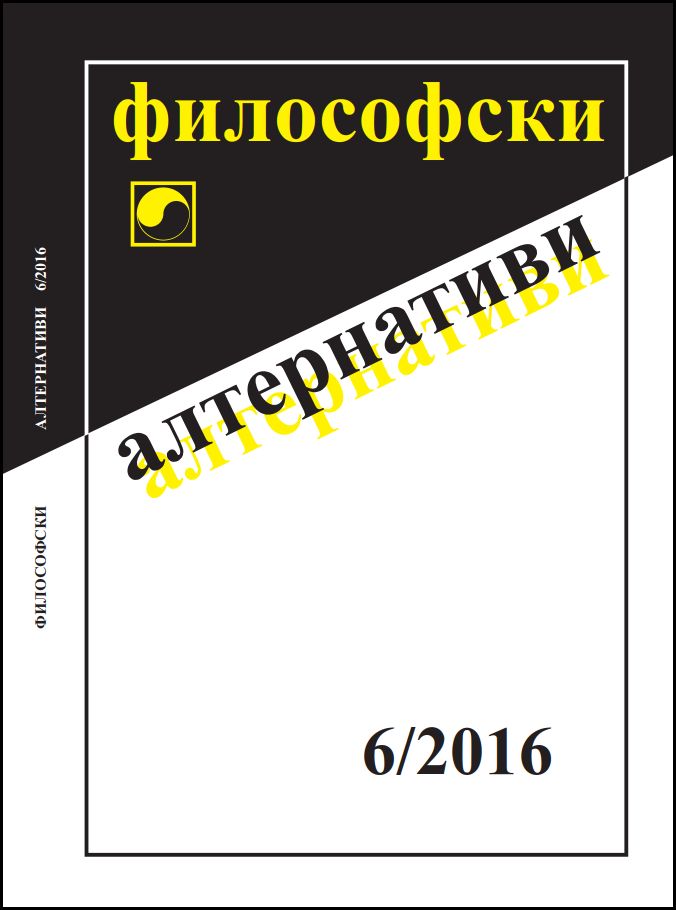
„Тимей“ и „За Небето“
Plato's Timaeus is taken as a background for certain views presented by Aristotle in his On the Heavens. The author discusses possible arguments for introducing a new (“fifth”) element.
More...We kindly inform you that, as long as the subject affiliation of our 300.000+ articles is in progress, you might get unsufficient or no results on your third level or second level search. In this case, please broaden your search criteria.

Plato's Timaeus is taken as a background for certain views presented by Aristotle in his On the Heavens. The author discusses possible arguments for introducing a new (“fifth”) element.
More...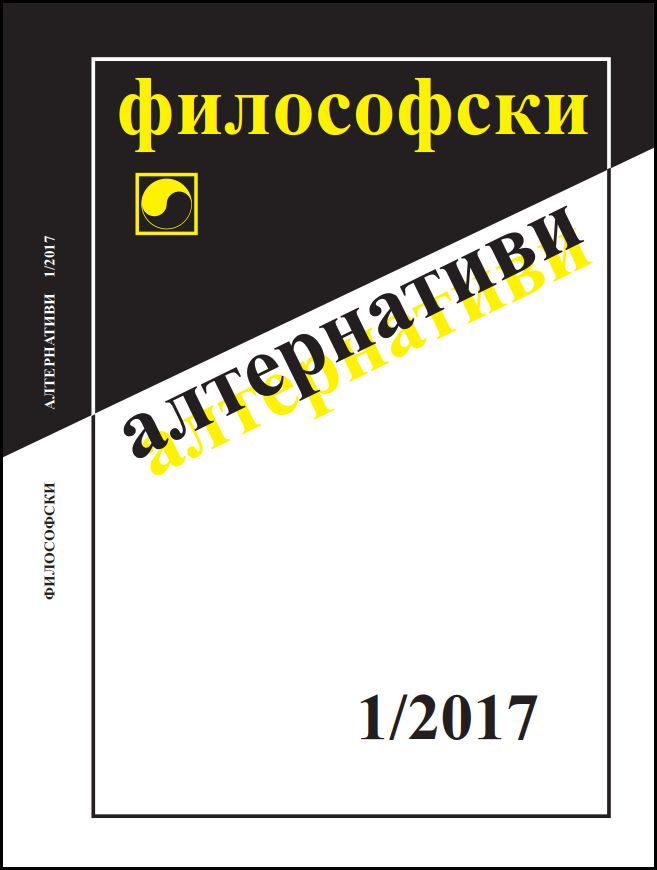
This article examines the main characteristics of the concepts of implication in relevant, connexive and paraconsistent logics and discusses the origins of these concepts in Antiquity. It is made a comparative analysis between the meaning of this connective in the three logics in regard to their correspondence to the conditional “if…., then….” used in natural language and presents arguments that the notion of implication, proposed by relevant logic, provides the most adequate formal explication of the conditional connective in the mentioned sense.
More...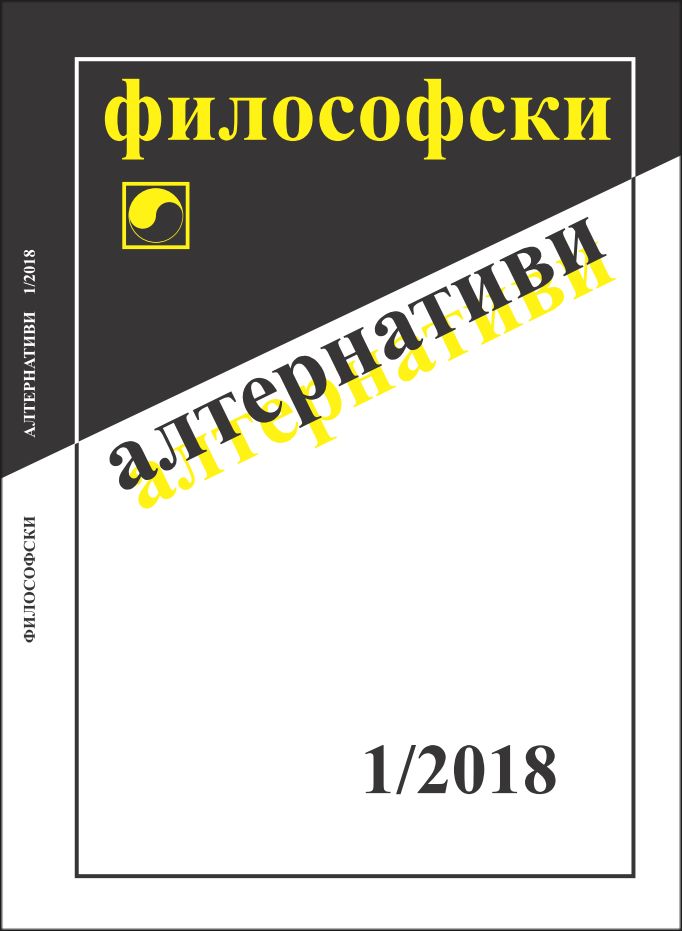
Accepting in principle Michael Dummett’s view that the linguistic turn was first taken by Gottlob Frege in Die Grundlagen der Arithmetik, § 62, 1884, the article argues that de facto the specific “mentality” of the linguistic turn was formed in Frege’s thought earlier, during the years 1874–1879, while he was reading philosophical and mathematical texts, criticizing then current views on number and arithmetical truths, and preparing his Begriffsschrift for publication. The article surveys the logical breakthroughs made by Frege and argues that, during the years 1879–1890, Frege was practicing logical analysis of language mainly in the form of functional-argument presentation of conceptual contents and sentences, anticipating his own important writings from the beginning of the 1890s, when the concepts of Sinn and Bedeutung were introduced and a new semantic theory was formed, which further affected his analysis of language.
More...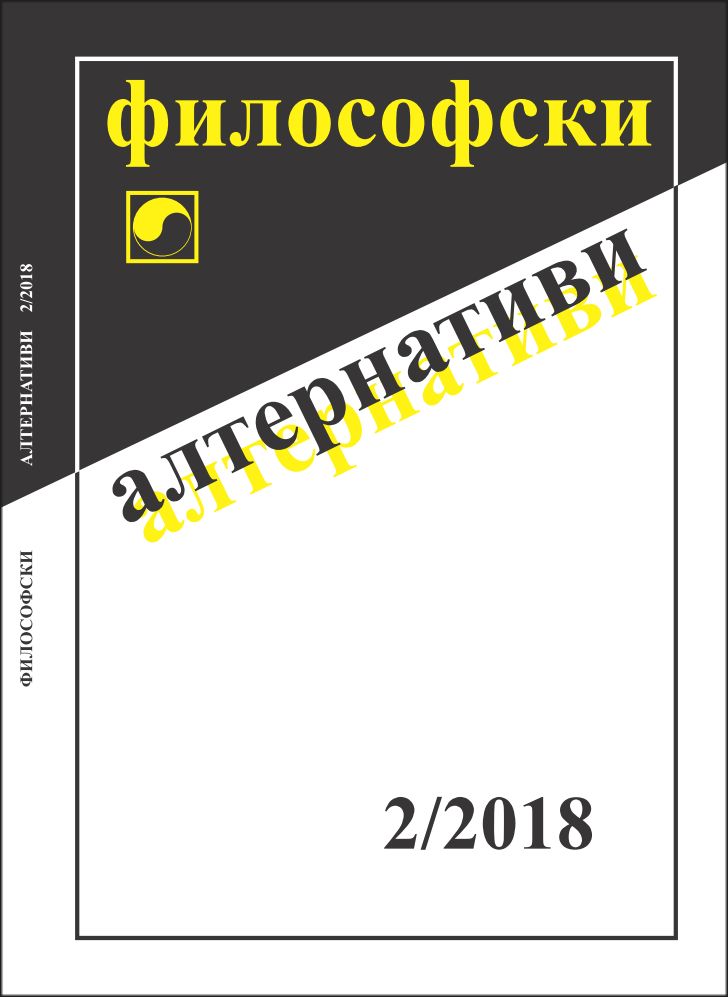
Тhe text is focused on the interpretation of Aristotle's conception of the human being as a citizen, as a political creature, and his view on happiness as the goal of humans. The article discusses Machiavelli’s and Weber’s ideas – emblematic for modernity – about the relation between ethics and politics, and the theoretical reflection of this relation in the context of contemporary society as a risk society and in the globalized world. The article aims to distinguish, based on comparative analysis, between Aristotle's understanding of ethics and politics as two sides of the same coin, i.e., as aspects of the life of people in a community. The article discusses the importance of Aristotle’s view of humans as beings that are political because they are ethical and ethical because they are political.
More...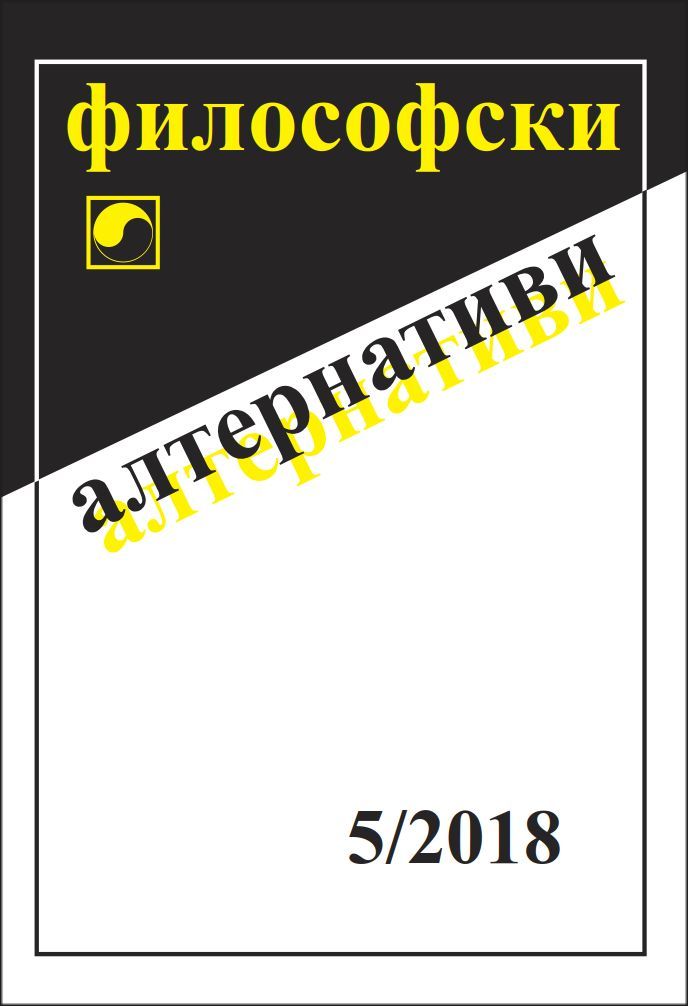
The article examines two informative reports by Clement of Alexandria regarding the music of the Thracians
More...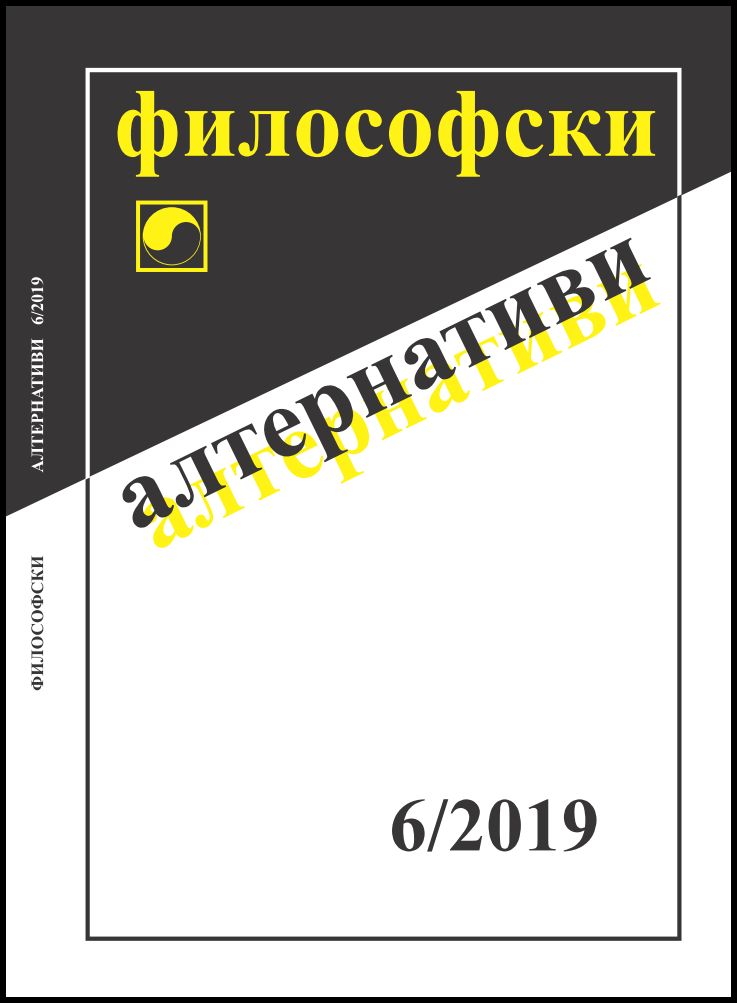
Aristotle‘s categories are presented as a system relying on logic and syntax instead of on meanings. His square of oppositions is found to be of crucial importance.
More...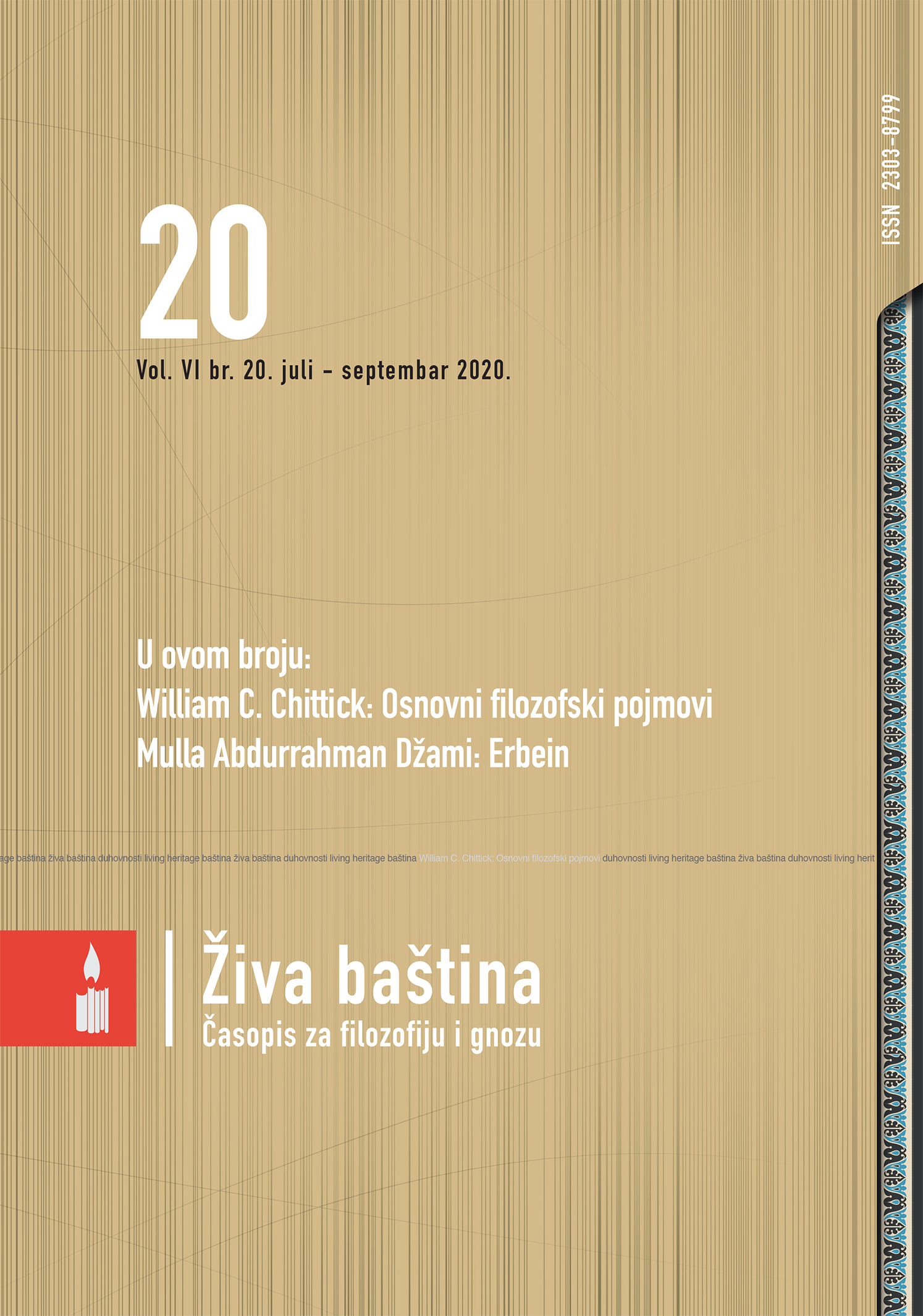
The aim of this chapter from William C. Chittick’s book The Heart of Islamic Philosophy is to present the meaning and use of some basic terminology of the Islamic philosophy. The author’s intention here is to gradually familiarize readers with certain words and cite some examples of their use in philosophical tradition, with the emphasis on the use of Bābā Afḍala, who is, according to the author’s opinion presented in other works, the most important Islamic philosopher and personality that actually embodies Islamic philosophical tradition. Chittick also lists examples from Aristotle’s (that is Arabic Plotinus) Theology, discussions of Ikhwān al-Ṣafā’ and Ibn Sina’s writings. All three represent a watershed in the history of Islamic philosophy, although there were many other significant works written in the same period. The main terms that are discussed are: philosophy or sophia, worlds, bodies and spirits, soul, levels of conscience, complements, Origin and Return, form and matter, substance and accident. Since the concepts of every science are the key which opens the treasury of knowledge, we considered it necessary to translate this precious text so that discoveries of Islamic philosophy can be easier to express.
More...
This paper is based on the assumption that, in Patricius’s philosophy, the totality is analogous to the philosophy of the totality (philosophia universi), that is, to the work that delivers it. Everything that arises in the totality has its emplacement, its chora. Likewise, everything that is provided in the philosophical work must be given in its place. With the number of its parts and the mutual relations between these parts, Patricius’ s work Peripatetic Discussions shows us that the work is very carefully structured. The number of volumes, the books and folios within each of them is not incidental. All of this points to the structure of the work according to Plato’s line. The purpose of the work is the assessment (censura) of Aristotle’s philosophy in opposition to true philosophy, that is, philosophy of Plato and his predecessors, their doctrines on the first principles and above all, of Plato’s unwritten doctrine of the Great and Small, and the One. How true philosophers are delivering these doctrines cannot always be direct; rather, it must be enigmatic in what is substantial.
More...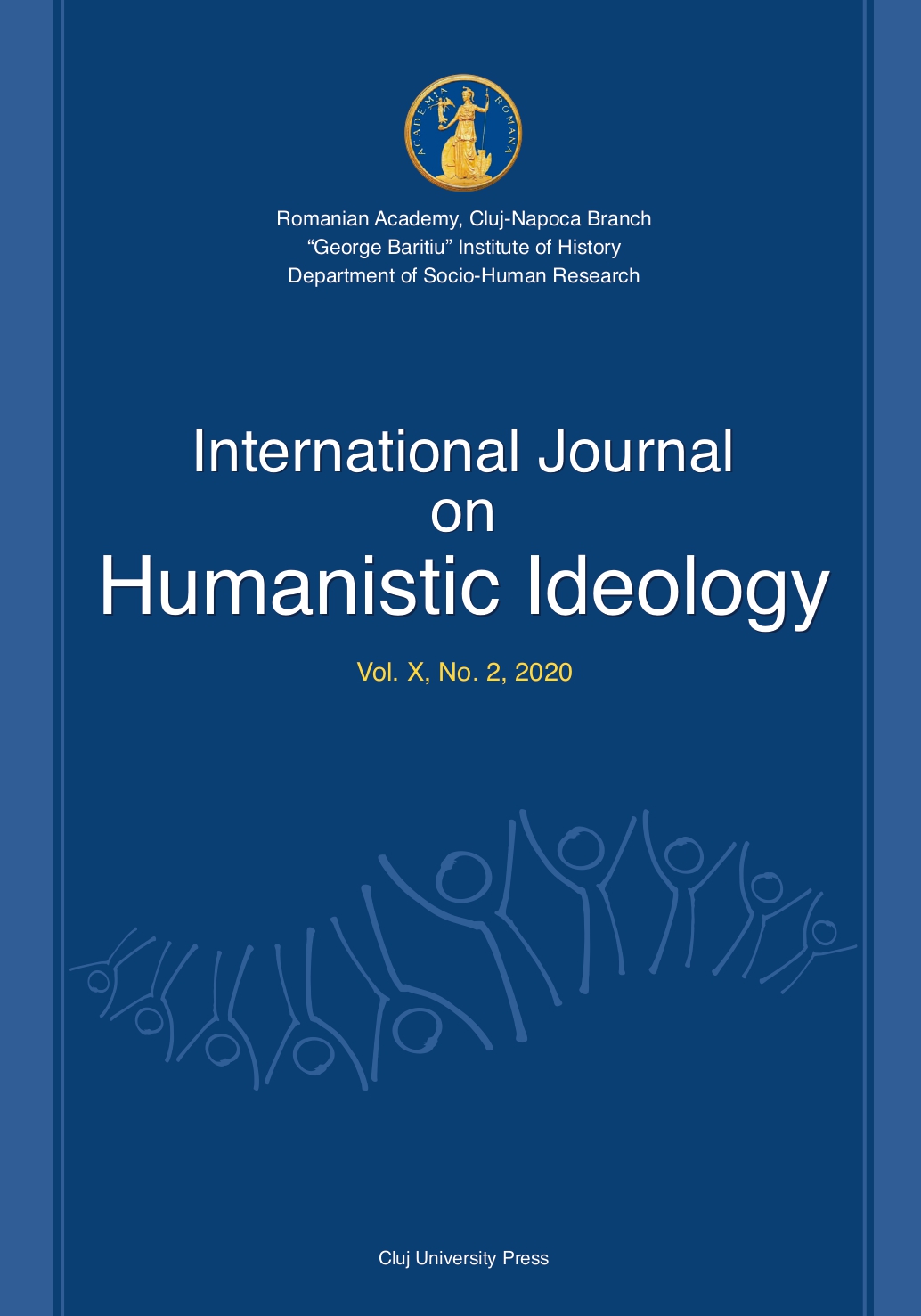
The account of “true pleasure” plays a fundamental role in Plato’s Philebus. It allows to distinguish, within the vast and varied sphere of pleasure, between those pleasures which hinder the realization of the good life and those that promote it and have to be accordingly admitted, alongside knowledge, among the elements of the best life. This paper focuses on a controversial passage (Phlb. 51b3–7), in which true pleasure is said to involve an “imperceptible lack”, which does not cause any suffering, as opposed to the painful lack which accompanies the lower “mixed” pleasures linked to sensible desires and passions. The passage seems to suggest that both false and true pleasure correspond to a general model based on the restoration of an original natural state through the compensation of a lack. I argue that this parallel is only extrinsic, since the nature which is restored is in the two cases of a totally different type. In lower pleasure it is the psycho-physical balance of the organism that has to be restored, whereas in true pleasure the human soul comes closer to its original nature, which was corrupted during incarnation, by perceiving beautiful objects and by acquiring knowledge.
More...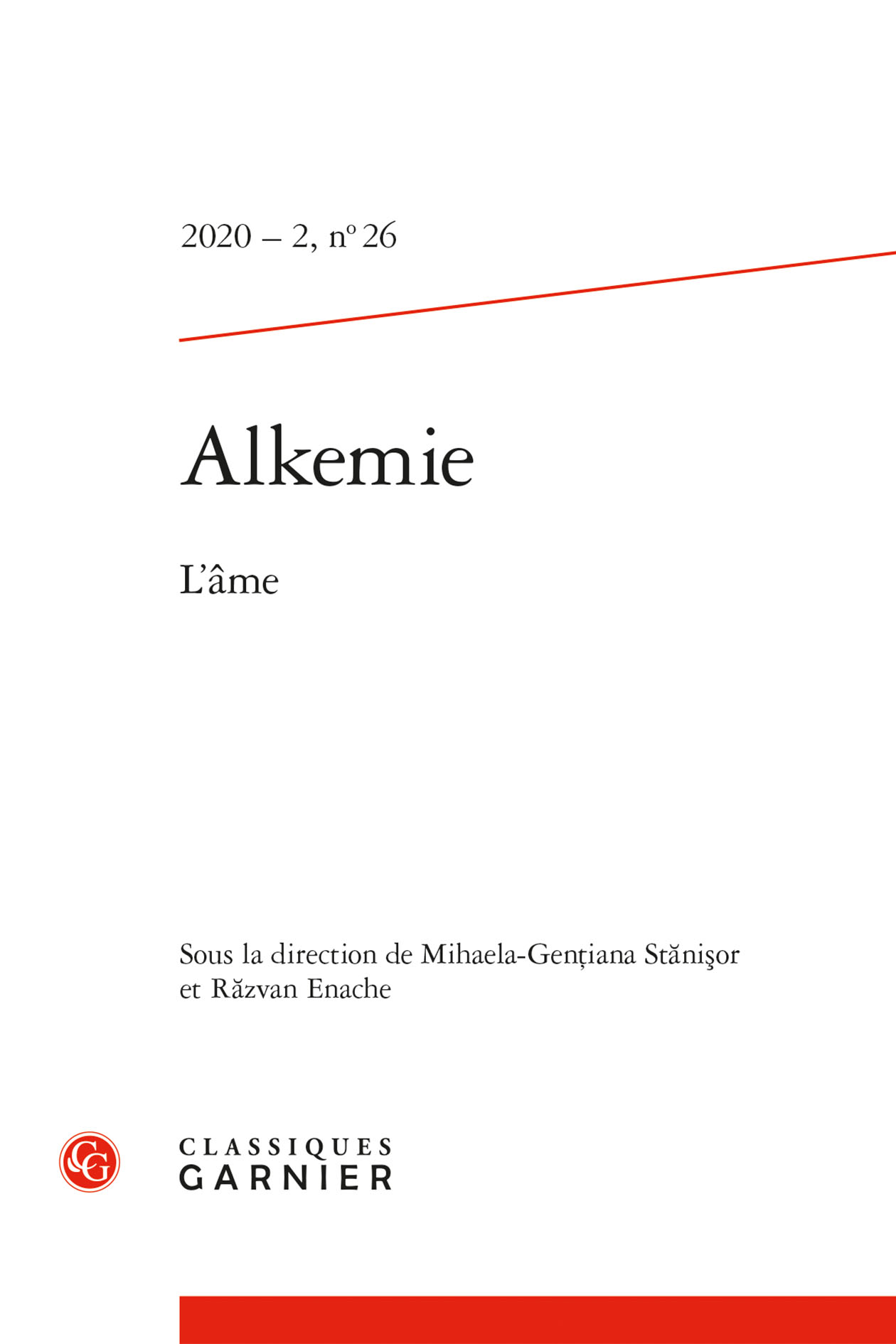
Psyche seems to be a fairly well known mythological character, not only as Cupid’s wife, but especially as a symbol of the human soul. However, her origins remain obscure, and the interpretations attached to her are numerous and of a great variety. Through this literary, mythological, philosophical, ethnological and psychoanalytical study, Psyche is shown to have metamorphosed throughout the centuries to become an important figure of western culture.
More...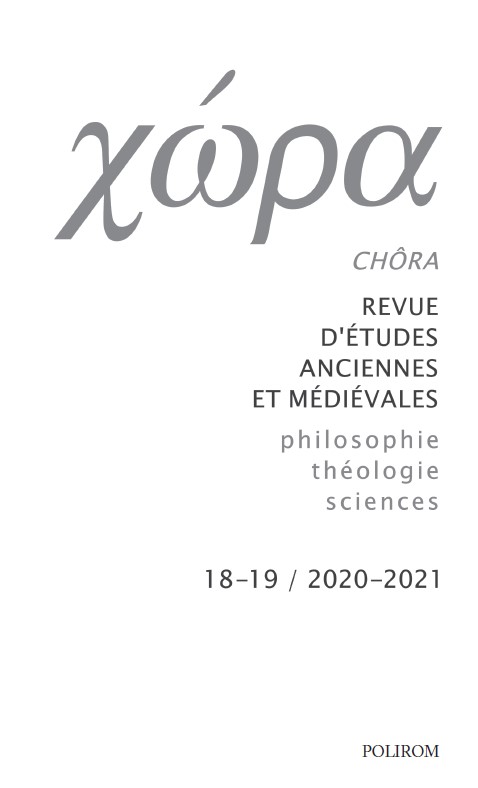
In Aristotle, substance, being specified in Z17 as cause and principle, is to be understood according to the analogical theory of principles and causes, namely form, matter and privation. These three causes involve potentiality and actuality, since form, privation, and the compound substance are in actuality, while matter is in potentiality. «What a substance is» depends on the connection between these three principles. In order to grasp the meaning of this connection, one has to put the analogical theory of principles back in its context, where previous theories on contraries (Plato’s theory included) are amended. The amendment of previous theories of principles relies on positing a third term, matter, between both opposites, i.e. form and privation. The implied distinction between matter and privation allows an understanding of generation which makes it compatible with substance. While generation removes privation, substance as form gives shape to matter, final matter and shape being identical to one another. Predication of matter by form supplies a relevant pattern for considering the relationship between matter, form and privation. At the same time, predication of matter by form provides both a renovated theory of opposites and a new theory of form as a cause, i.e. a theory of form as actuality.
More...
Aristote est l’inventeur de la notion de matière et de cause matérielle. Mais les passages où il parle d’une matière absolument première sont rares dans le corpus aristotélicien. Le problème, posé depuis longtemps par les interprètes modernes, est le suivant : Aristote croyait‑il à l’existence d’une matière imperceptible, sans forme et sans qualités, en tant que niveau autonome de la réalité, ou envisageait‑il plutôt la matière première comme un objet logique, un pur concept abstrait ? On se propose ici d’analyser le dossier des passages aristotéliciens les plus sensibles sur la question de la matière première et, après un rapide status quaestionis des interprétations antiques et modernes, on avancera une proposition interprétative selon la ligne «traditionnelle», à contre‑courant par rapport à la tendance actuelle.
More...
I. The initial dilemma. I.1. The gradual rise of the Metaphysics. I.2. A bold contribution from textual history. I.3. A new perspective on late ancient commentaries. I.4. First philosophy or Metaphysics? I.5. Can tradition be ignored? II. ‘Being’ and οὐσία at the core of Aristotle’s theoretical research. II.1. Ontology as a science of ‘being’ in Aristotle: “What is X?” in the foreground. II.2. The first caveat: the copula function of Aristotle’s ‘being’. II.3. The definite article τό as quotation marks before the flexed forms of ‘be’: τὸ ὄν, τὸ εἶναι, τὸ ἔστιν. II.4. Further explanations about Aristotle’s ‘being’. III. Οὐσία, the core of Aristotle’s theoretical philosophy. III.1. οὐσία and the criterion of pre‑eminence as Plato’s legacy. III.2. The dialectical roots of ontology. III.3. οὐσία from Zeta to Lambda. III.4. οὐσία as essence and οὐσία as substance. III.5. οὐσία as a syntactical core; the word’s etymology. III.6. οὐσία as the first sense of being in Aristotle’s first philosophy. III.7. Ontology as science, science of the science. IV. Historicizing: the semantic gap. IV.1. Editorial tradition: ontology and οὐσία as a fil rouge in the order of Metaphysics books. IV.2. οὐσία in the first century B.C. IV.3. οὐσία by Alexander of Aphrodisias. IV.4. Metaphysics and its purpose: the role of the Lambda book. IV.5. Being and οὐσία: a relationship lost over time. IV.6. The Aristotelian tradition as a way to cooperation.
More...
In the Corpus Aristotelicum there are two different theories of substance which apply to the sublunary world. The first theory is found in the Categories and selects the individual concrete as a primary substance (πρώτη oὐσία). The second is found in the Metaphysics (mainly in book Z) and selects the Form (εἶδος) and the Essence (τὸ τί ἦν εἶναι) as a primary substance. Most of the interpretations of modern Aristotelian scholarship claim an inconsistency. They suggest that if at all Aristotle has a theory of substance, then it is either the substance theory of the Categories or the one of the Metaphysics but not both of them. The supposition of all these interpretations is that Aristotle’s theory of substance is unambiguous and that there can be only a single primary substance. These interpretations suppose that the theory of substance is applicable only to a single domain, namely to ontology.
More...
The Stoics try to demonstrate, in a theoretical context, more than any other philosophy, the link unifying the parts with the whole, in all areas of existence; namely, from man to divine reason, from god to nature – a tautological link in some cases – from matter to logos or creative pneuma. This unifying bond – hexis or continuity – guarantees the attachment between bodies which are in a state of sympathy (or interaction) which also constitutes their existence. It remains to seek the meaning of this notion; draw on its etymology: according to Bailly’s dictionary, the term hexis in Greek means among other meanings: action of possessing, possession. And according to the dictionary of L.‑S.‑J., hexis (proper noun) derives from the future of the verb ἕξω, from the verb ἔχω, (to have, to possess); in its intransitive form refers to a permanent condition, namely to an act, which results from practice. In order to make an attempt to define this concept or to orient its function, it seems appropriate for us to do some research – we could say historical –, consulting texts prior to Stoicism, examining its place and the nuances it takes in different contexts and finally, follow its interpretation where, according to philosophical approaches, it sometimes means disposition, habit, or situation. Nevertheless, the Stoics give this term an original meaning, different from the one that was granted to it until then. It is the hectic pneuma or the tension (tonos) prevalent in the universe. In this perspective, we will try to define its function and compare it with the notion of hexis in Aristotle, where it acquires the meaning of metaxy, in his Metaphysics, Δ, 1022b12.
More...
Porphyry’s Expositio per interrogationem et responsionem can help us to understand some obscure passages of chapter seven of Aristotle’s Categories, focused on the relative (πρός τι). The Porphyrian analysis of πρός τι presents indeed developments which are both useful for the understanding of the Aristotelian text and very innovative too. First, we can mention the general Porphyrian thesis according to which categories are predicates. This theory fits very well with πρός τι, which are predicates corresponding to properties that subjects only possess because of an observed reciprocal relationship. This brings us to the second novelty of Porphyry’s analysis, really important for modern developments of the notion of relation, namely the difference between σχέσις and πρός τι, which depends on it. Finally, we will mention the important Porphyry’s contribution to the understanding of a particularly obscure issue concerning the relationship between the two definitions of πρός τι that Aristotle provides. Porphyry points out the Platonic origin of the first definition, without dismissing it though: instead, he will just consider it too vast and encompassing the true πρός τι, object of the second definition.
More...
This article examines Averroes’ interpretation, found in his Long Commentary on the De Anima, of a famous passage in Aristotle’s De An. III 5 (430a14‑15) which presents the intellect “producing all things, as a kind of positive state (hexis), like light”. Averroes, clearly heir to Alexander of Aphrodisias for whom hexis refers not to the intellect “agent” itself but to its product, defends nevertheless, via the comparison with light, the conception of the agent intellect (a substance purely in act by itself ) as an hexis, which leads us to the inevitable consequence that the agent intellect is the prime object of the material intellect, acting as a condition for all subsequent thoughts.
More...
In the Περὶ τἀγαθοῦ, Numenius refines his definition of οὐσία step by step. He uses the word at first as a synonym of τὸ ὄν (15 F) and as another designation of being. Then, he associates it to the ἕξις when he refers to the specific οὐσία which possesses science (22 F): in all likelihood, this οὐσία is the intellect as the essence common to God and Man in the possession of science. Finally, Numenius gives οὐσία two aspects or sides which, in our opinion, represent two manners of conceiving the intelligible it constitutes: on the one hand, οὐσία comes from Being itself (the Good) and seems to represent the eidetic predicates or what we could name the “fundamental intelligibility”, a state in which the form is not determined yet, but which gives it the status of a real being ; on the other hand, οὐσία is the product of the second god and intellect and the determined aspect of the previous one, which makes it possible to distinguish the forms one from the other. In this last case, Numenius seems to name οὐσία more specifically ἰδέα, even if both words are elsewhere synonymous and used to refer to the two aspects previously mentioned according to the context in which they are employed. The paper presents the analysis of fragments 22 F, 24 F and 28 F from which we arrive at this interpretation. The distinction between two manners of conceiving οὐσία makes it possible then to discover two levels in the Being at the origin of each of them: Being itself (αὐτοόν which is the Good itself, αὐτοάγαθον) and the «second» or «just» Being, constituted by the good demiurge which is probably the “One who is good par excellence”.
More...![ESSERE E VITA IN PLOTINO (VI, 2 [43]; III, 7 [45])](/api/image/getissuecoverimage?id=picture_2021_59112.jpg)
This paper focuses on Plotinus’ account of life and being in treatises VI, 2 [43] On the genera of being and III, 7 [45] On eternity and time. Life and being play a key role in Plotinus’ ontology since they characterise incorporeal realities as such (life and being cannot be drawn from the analysis of bodies). Therefore, focusing on these items makes it possible to attain an account of intelligible reality according to the principles appropriate to it. Three issues are considered: (1) the cognitive process through which the soul grasps being and life when it turns its cognitive activity away from the bodies and reverts to itself (VI, 2, 4‑6); (2) the status of being and life as genera of the intelligible reality (life is equivalent to intelligible motion: VI, 2, 7); (3) Plotinus’ account of life as the way of being typical of intelligible realities (III, 7); (4) his gradualist account of the hierarchy of life (III, 8 [30], 8; VI, 3 [44], 7; I, 4 [46], 3).
More...
Review of: Izabela Jurasz - Vito Limone, Origene e la filosofia greca. Scienze, testi, lessico, coll. Letteratura Cristiana Antica. Nuova Serie 30, Brescia, Morcelliana, 2018
More...